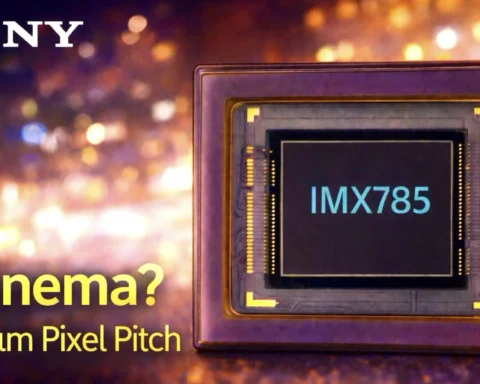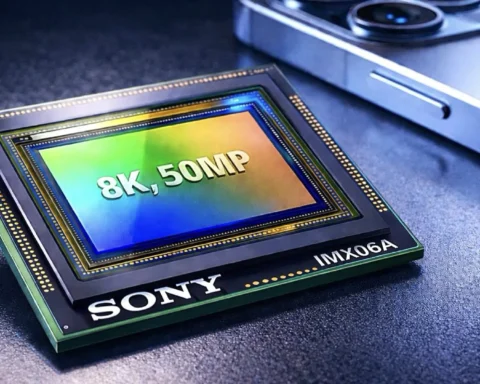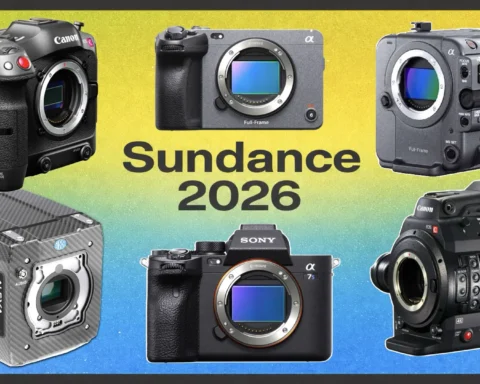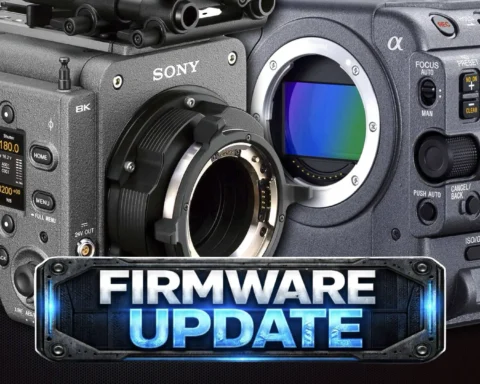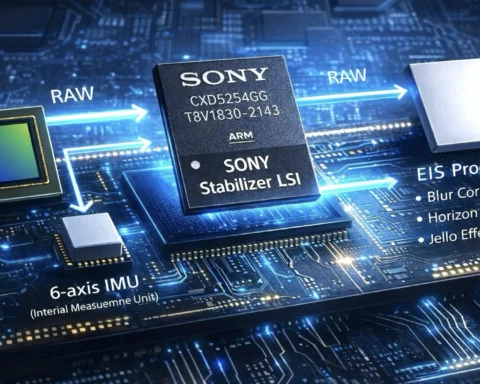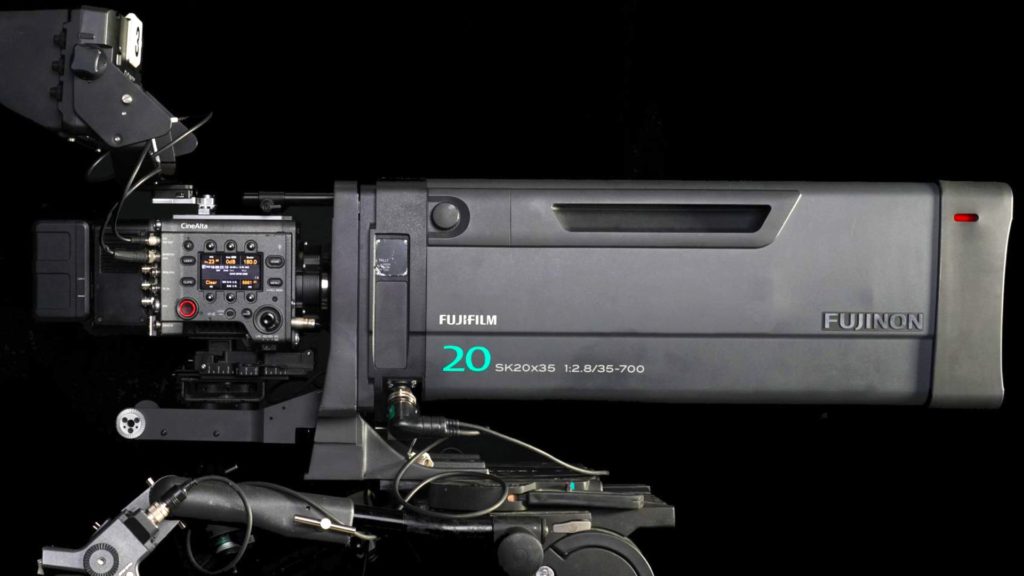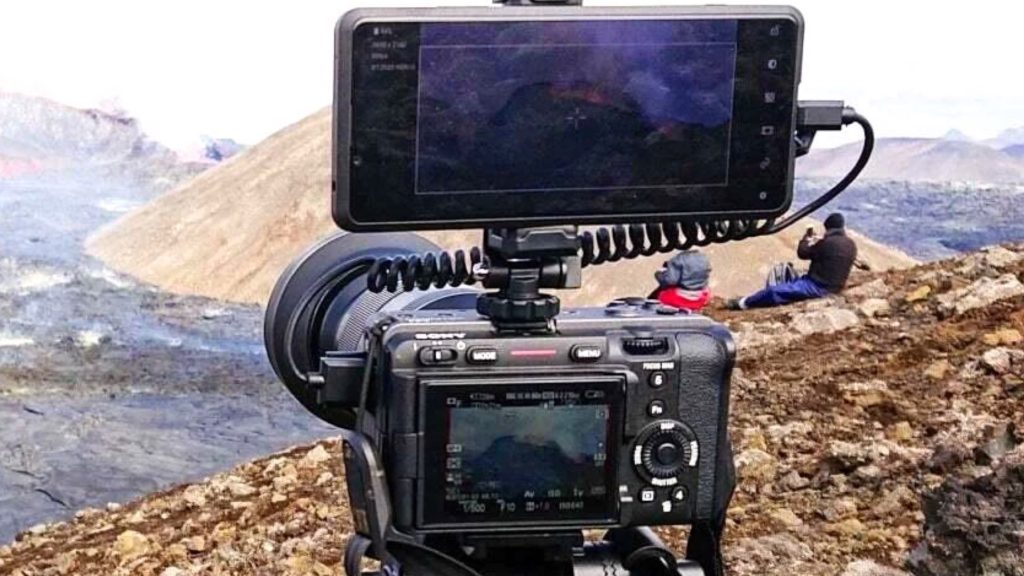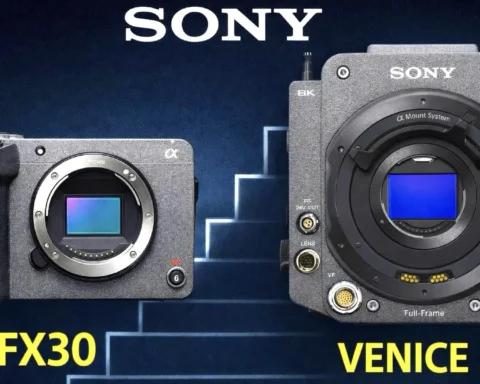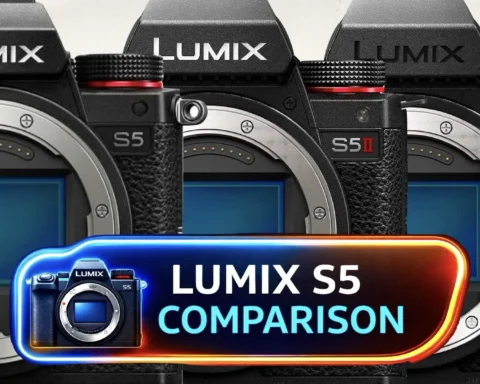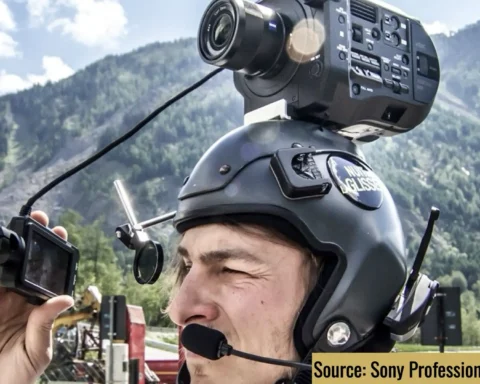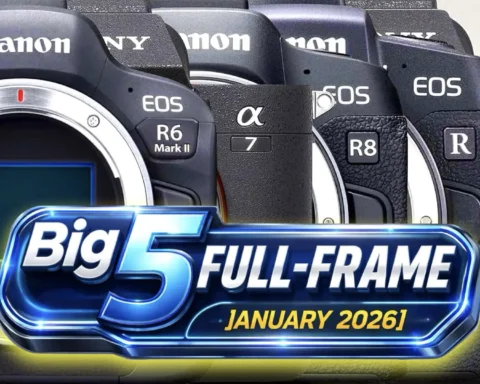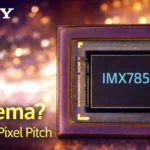Sony has officially published a warning regarding laser damage when the sensor is directly exposed to a laser beam. Although it’s obvious, not many are familiar that a laser beam can destroy your camera sensor. Even if it’s cool, you should avoid shooting between lasers. Read on to understand the irreversible negative side effects of laser on your camera sensor.
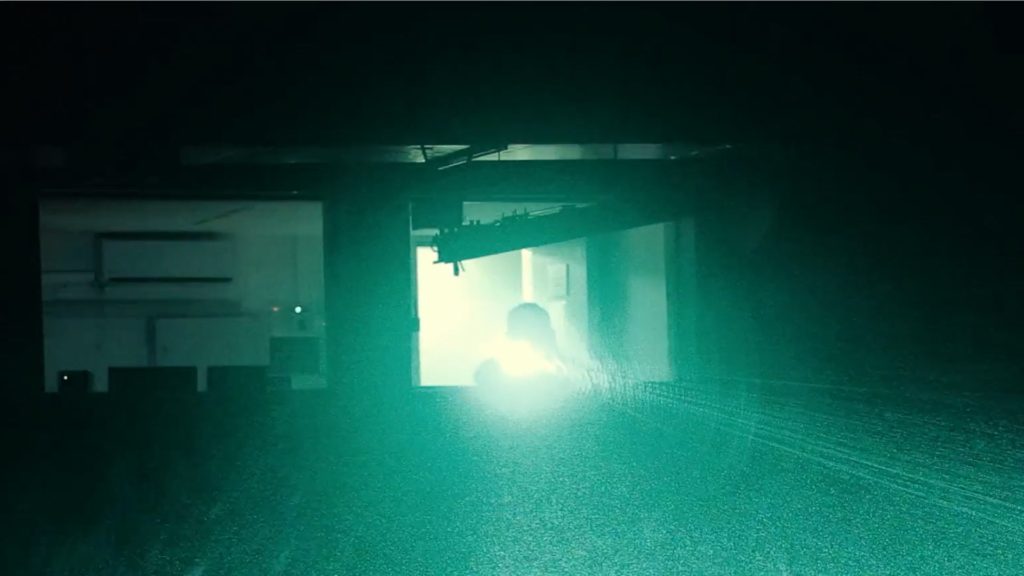
Laser on camera sensors
Minimal to zero damage
A laser can dramatically harm your camera sensor. Basically, there’re two types of damages: Minor damage, such as small areas of a few dead pixels which no longer work. The pixels are not noticeable unless in an area of uniform color such as a blue sky. Of course, there’s a chance that no damage will be seen. For instance, check out the screenshots below, which demonstrate shooting when a laser is pointed directly to the camera sensor. In that case, no noticeable damage was visible.
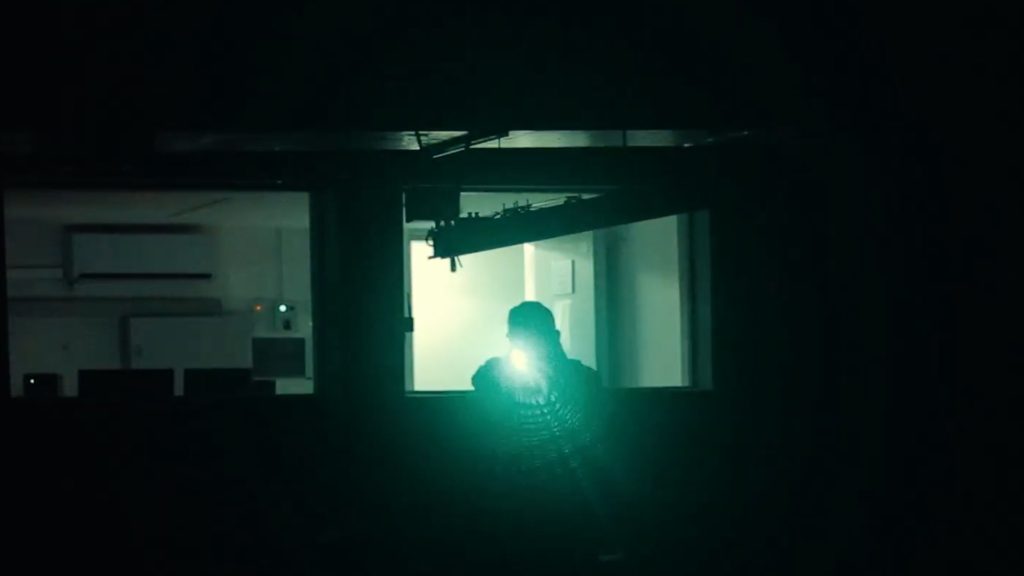
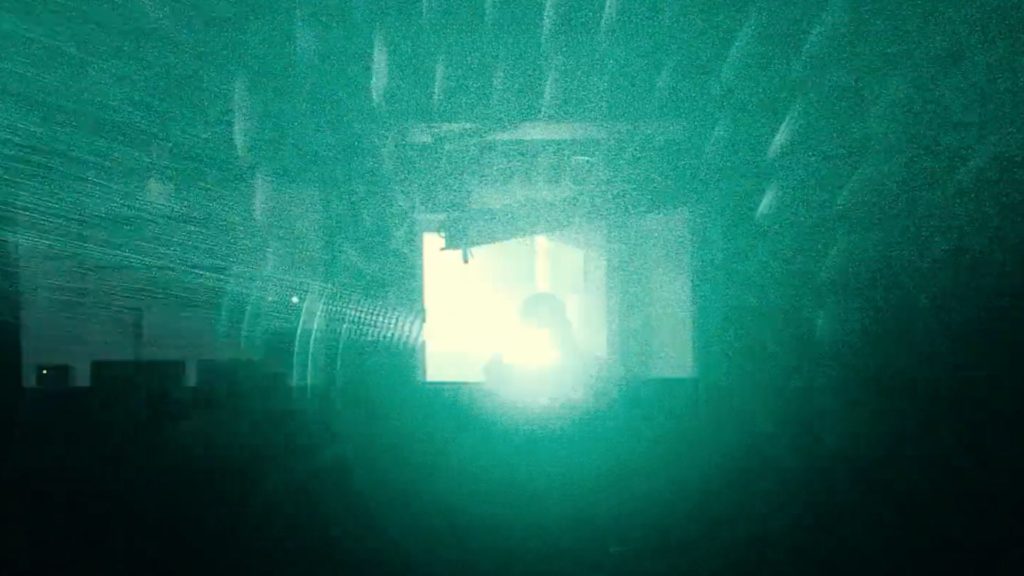
Fatal sensor damage
However, in more extreme cases, there may be larger or more extensive dead-pixel areas or entire lines. Or there may be a “burn-in” of a laser image. This damage will be noticeable in most videos. In this case, the camera is ruined for quality use, and the sensor must be replaced. Here’re two examples that demonstrate that situation of causing fatal damage to the camera sensor, caused by laser beam:
Laser Damage on Sony A7SII
Laser Damage on Canon 5D Mark II
Sony’ warning
A few days ago, Sony has published a warning regarding laser beams that are directed into the lens. This warning was due to a question in Sony’s support (spotted by Image Sensor World). The question: “Can the camera image sensor be damaged by laser?”
Sony’s answer: “Do not directly expose the lens to beams such as laser beams. This may cause damage to the image sensor and cause the camera to malfunction”
“Note: In either outdoor or indoor environment when there is a laser display, the tendency of direct or indirect (laser beam bounce from reflective object) damage to the camera CMOS Sensor is still very high”.

What does other camera manufactures say?
Most of the major camera manufacturers warn against shooting in the lasered environment. This caution is mentioned in the camera user guide. Explore the laser warnings as written in the camera user guide:
- RED Monstro and Komodo user guides: “DO NOT expose the camera to laser beams, as laser beams may damage the sensor”.
- Sony VENICE and FX9 user guides: “Laser beams may damage the CMOS image sensor. If you shoot a scene that includes a laser beam, be careful not to let the laser beam be directed into the lens of the unit. Specifically, high-power laser beams from medical devices or other devices may cause damage due to reflected light and scattered light”.
- Panasonic Varicam user guide: “Caution regarding laser beams
– The image sensor may be damaged if the image sensor is exposed to the laser beam. Take sufficient care to prevent laser beams from striking the lens when shooting in an environment where laser devices are used”.
- ARRI ALEXA Mini user guide: “Avoid permanent sensor damage: Never let any direct light or reflections from high-energy light sources (e.g. laser beams) enter the camera’s optical path”.
- Canon EOS C500 Mark II and C300 Mark III user guide: No warning nor mention regarding lasers.
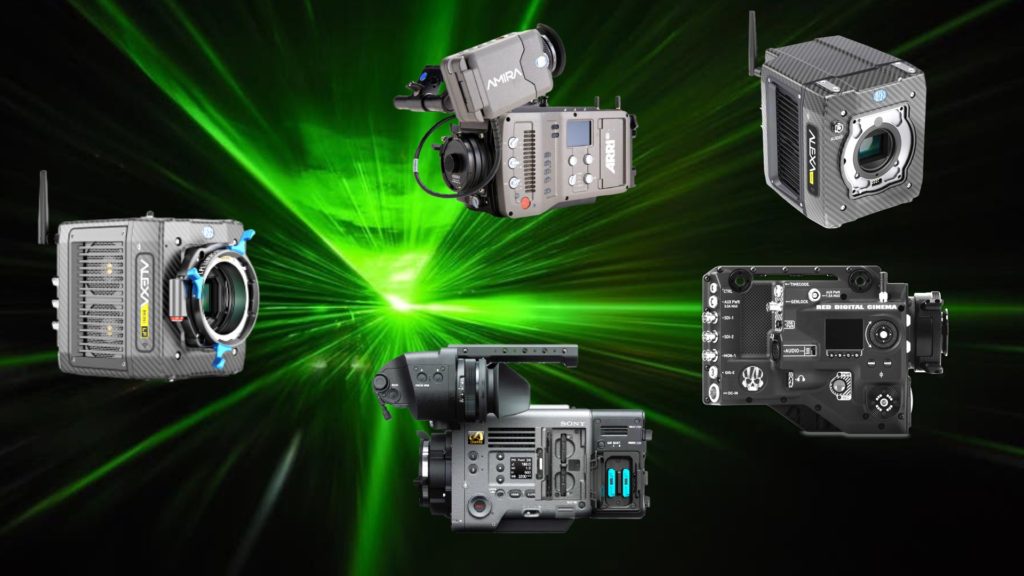
Summary
The main conclusion is to completely avoid shooting in a lasered environment. Remember that even the beam is not pointed directly to the camera lens, a bounce and/or reflection of a high-energy light source may also cause severe damage to the camera sensor. Furthermore, experiments showed that filters like NDs and so on, will not reduce the damage. Keep that in mind! BTW, Canon must warn its shooters as well, and this warning should be mentioned in the user guide.


